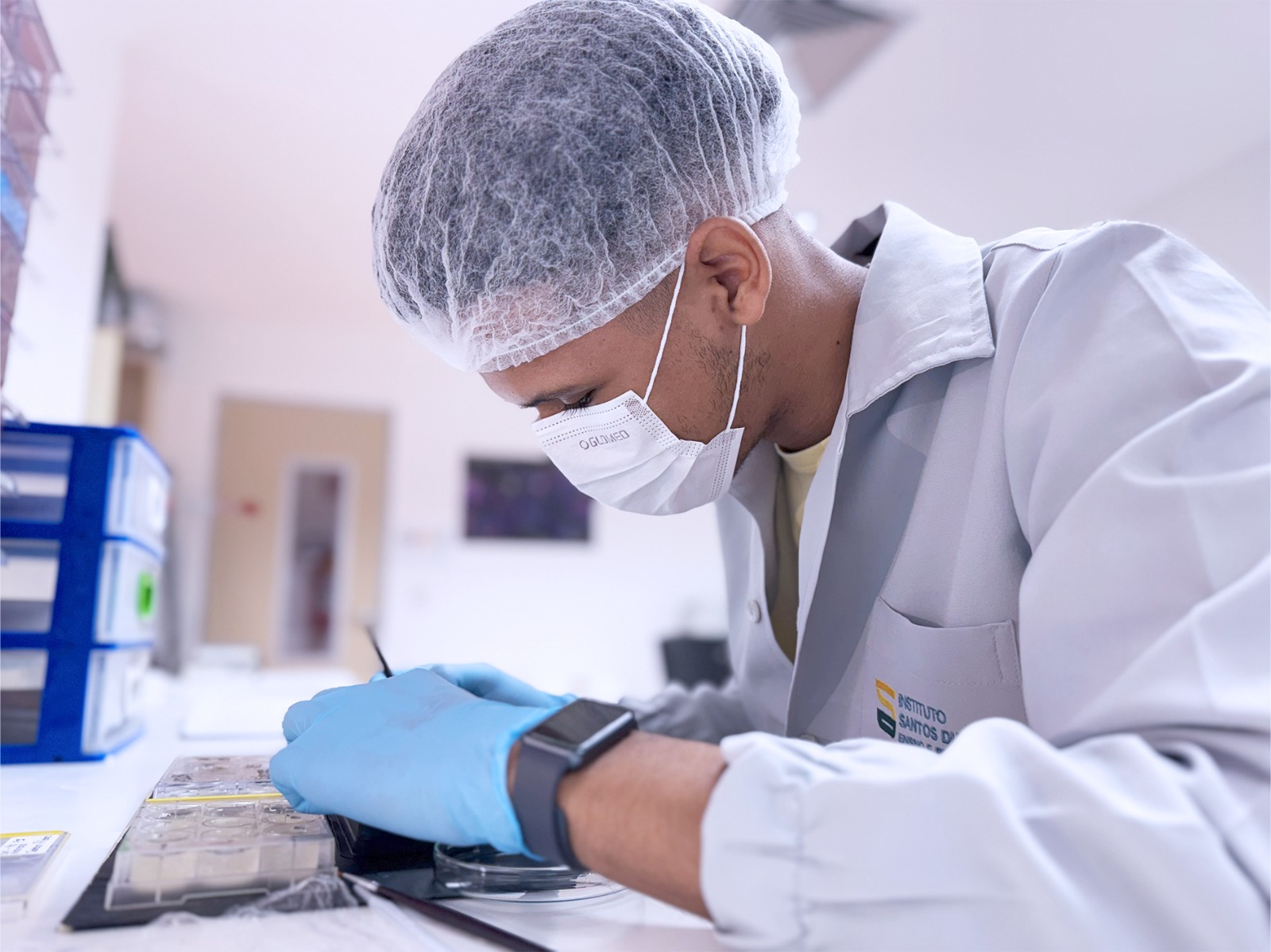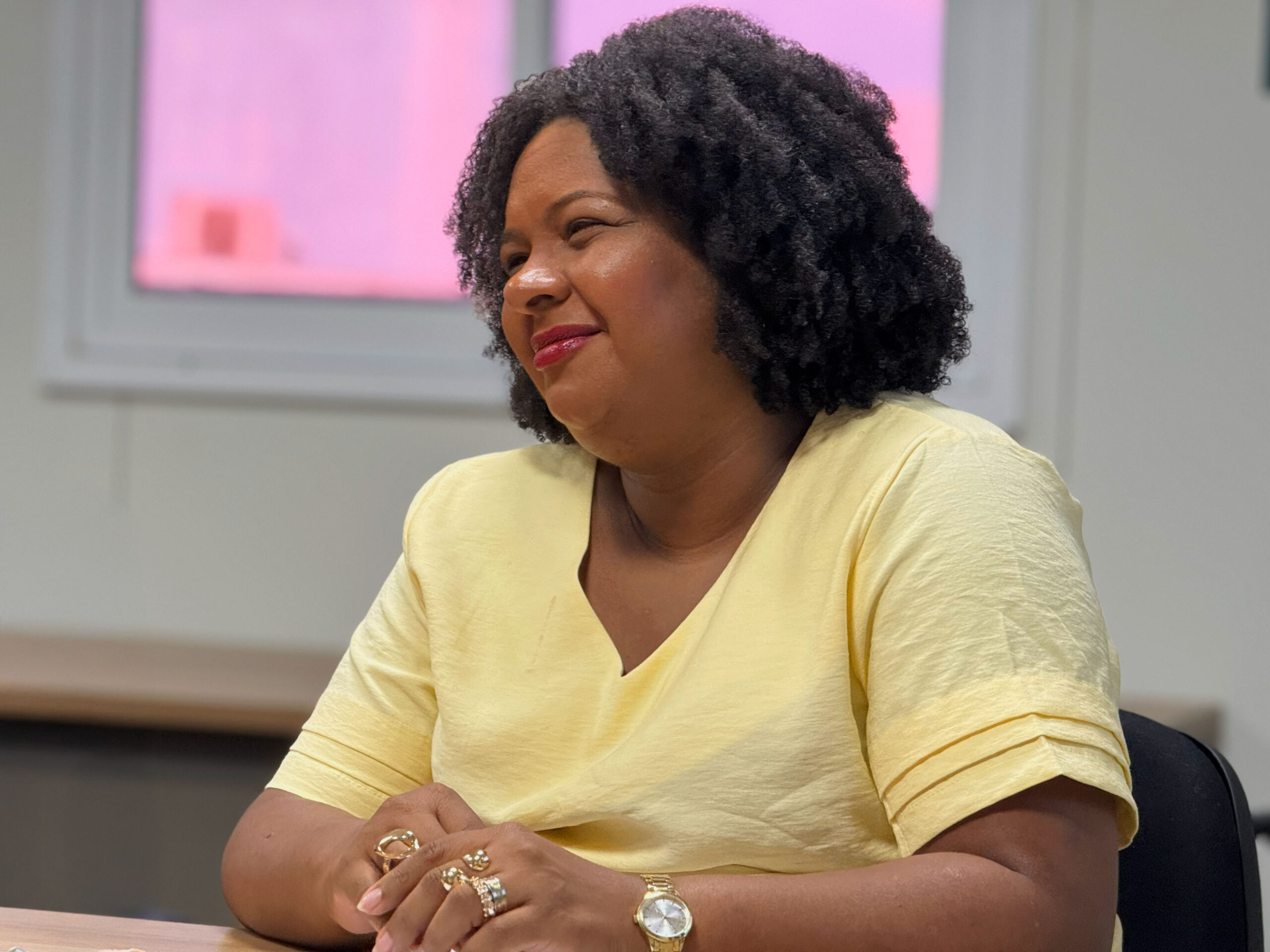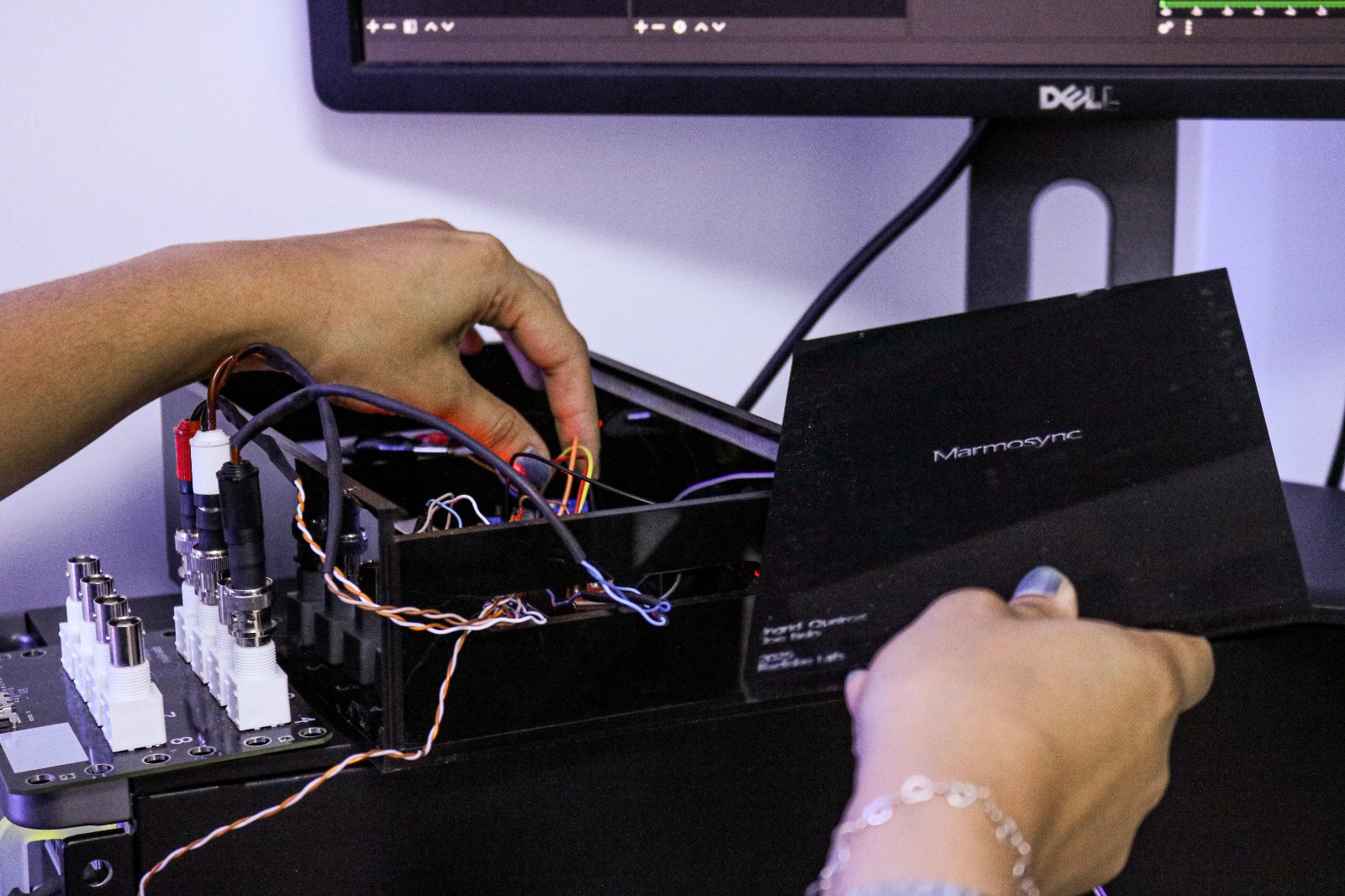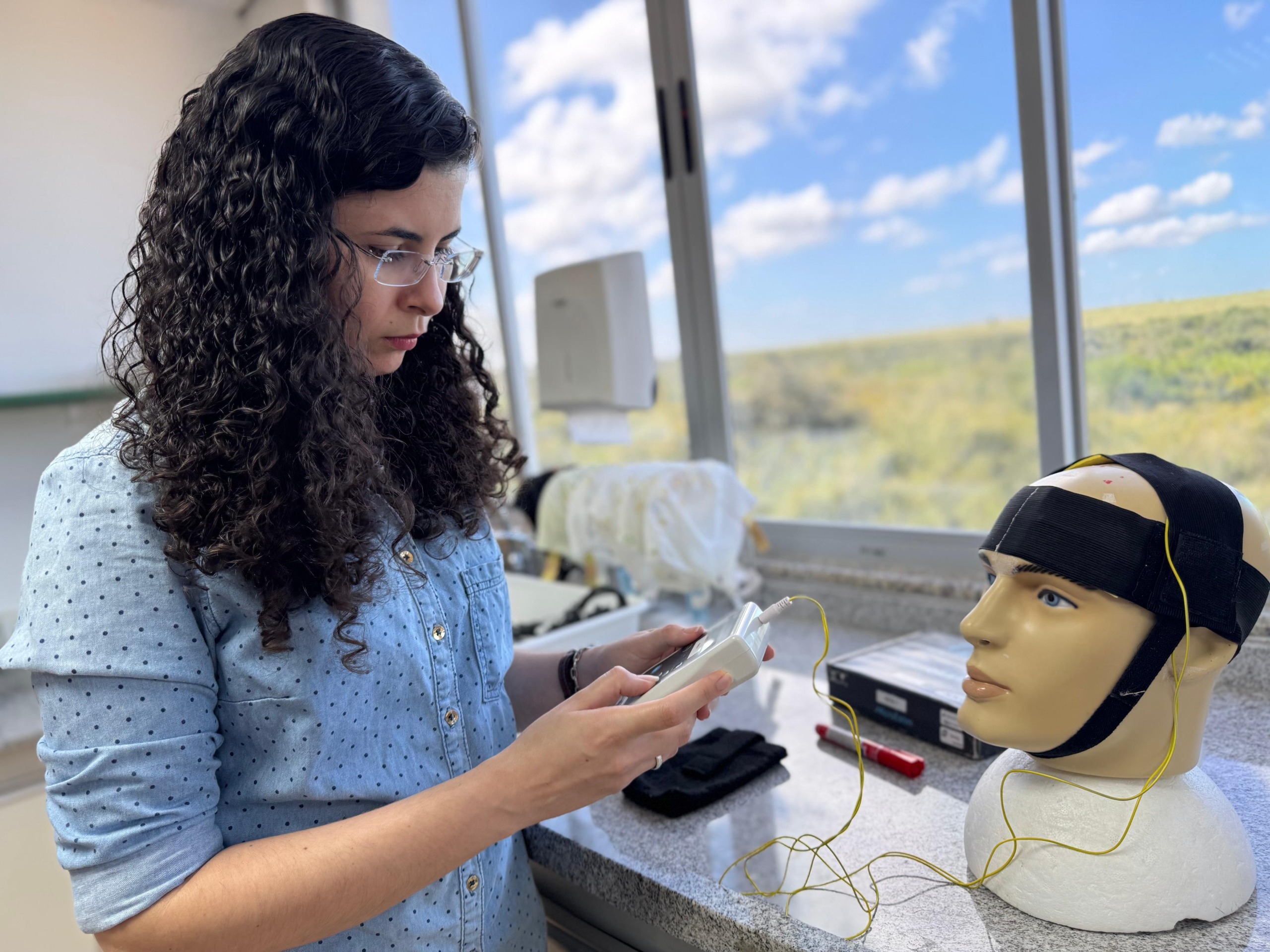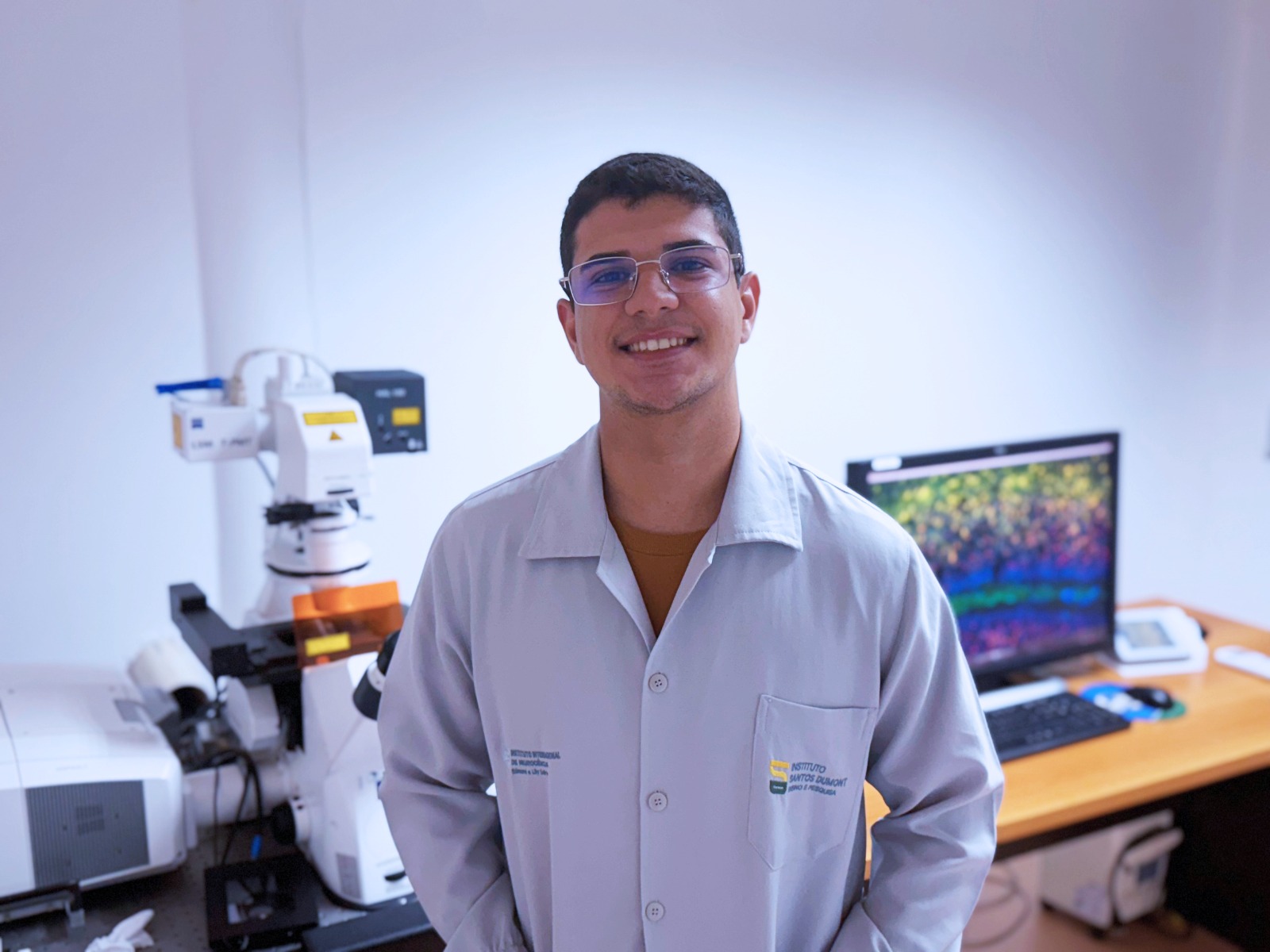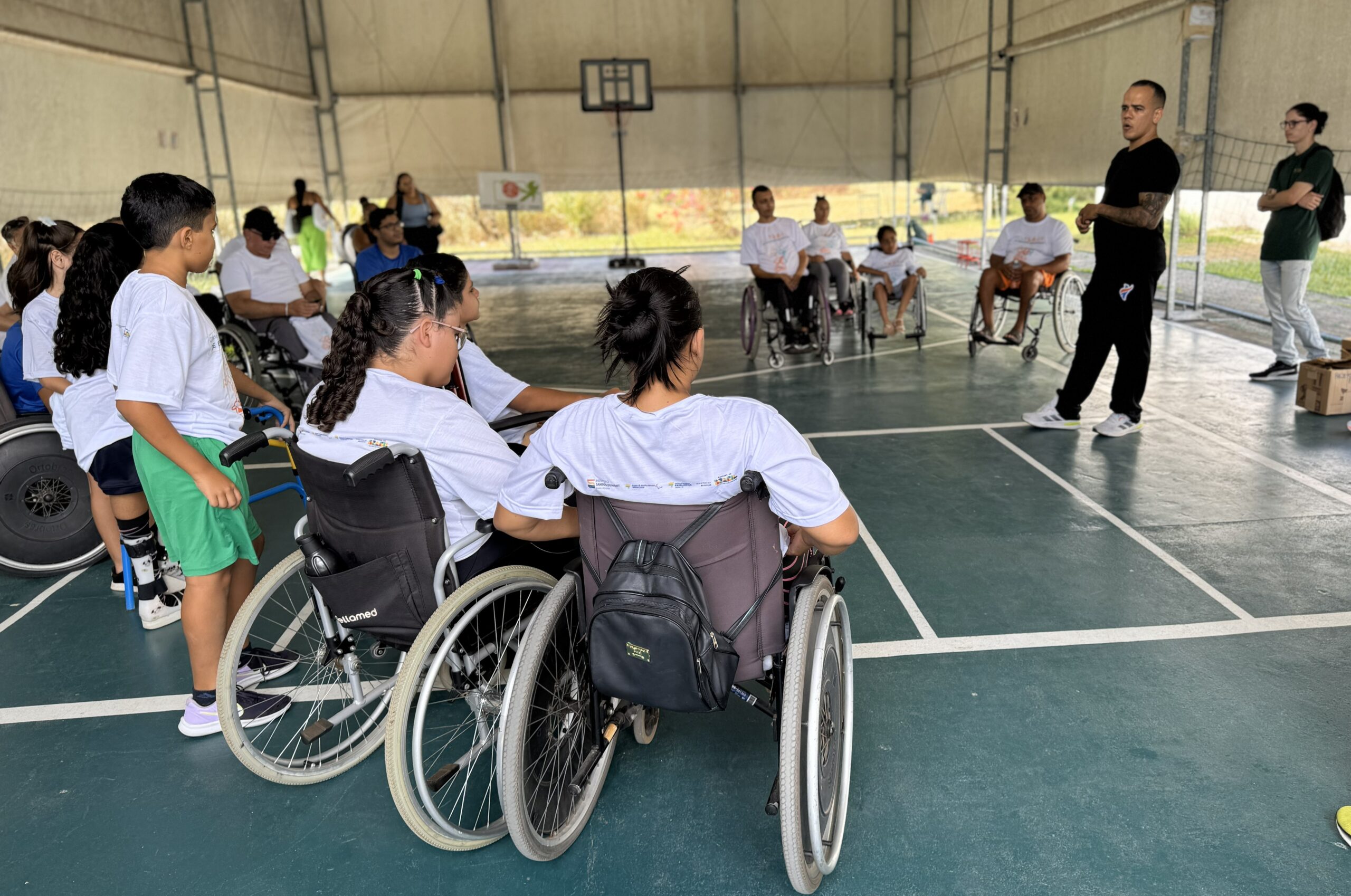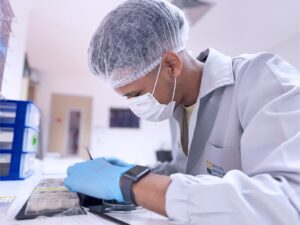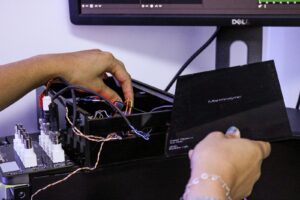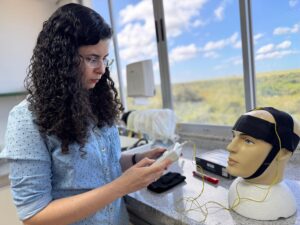Have you ever heard of neuroarchitecture? The term refers to the study of neuroscience applied to architecture. In other words, how the physical environment impacts our brain and well being. “When applied to everyday life, neuroarchitecture can improve quality of life and can be useful for people living with neurodegenerative diseases, such as Parkinson's disease,” says Santos Dumont Institute (ISD) neuropsychologist Joisa Araújo.
The theme will be the focal point of discussions at the first meeting in 2021 of Educa Parkinson, a conversation wheel created in 2018 by the Institute with face-to-face meetings about the disease that, from now on, due to the pandemic, will be held 100% online. This year's first discussion will start at 8:30 am on Monday, April 19th, and entries can be made until this Friday (16th) at the address http://bit.ly/EducaParkinson. Participation is free.
ISD is a Social Organization linked to the Ministry of Education and a reference in teaching, research, extension and assistance to the population in maternal and child health, people with disabilities, in neurosciences and neuroengineering.
About 50 patients per month are treated at the Institute's Parkinson's clinic, in Macaíba (RN), exclusively by the SUS. The disease is also at the center of research carried out at the Institution's units, the Center for Health Education and Research Anita Garibaldi (Anita) and the International Institute of Neurosciences Edmond and Lily Safra.
Educates Parkinson's
Educa Parkinson's meetings were held at Anita and as they gathered dozens of people, they ended up suspended in 2020 as a prevention of Covid-19.
The topics under discussion revolved around how to deal with Parkinson's and improve quality of life. Faced with needs identified during the pandemic, the Institute's Parkinson's clinic team reformulated the project to address current needs and challenges.
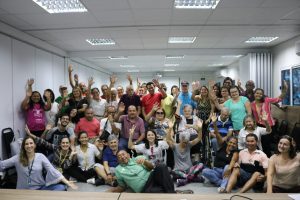
Photo: Dandarah Filgueira
The first meeting, which now takes place virtually, will address Neuroarchitecture and how this resource can help users on a daily basis.
People diagnosed with Parkinson's, family members, caregivers, health professionals, researchers, students and anyone else interested in the subject, from anywhere in Brazil or the world, can participate. Click here to access the registration form. The access link to the meeting will be sent later to the registered email or WhatsApp number.
Neuroarchitecture: Small changes help with well-being and make the house more functional
According to the Neuropsychologist of the ISD Parkinson's clinic, Joísa Araújo, lighting, expansion of spaces, installation of support bars and even the insertion of elements of nature at home are some of the small changes that can make a difference.
“With the pandemic, people spend much more time at home, so it is important to make it an environment that promotes well-being and functionality, rather than generating difficulties for the person living with Parkinson's. It was thinking about guiding patients and their families to improve this ambience and how to do it at low cost that the idea of approaching this topic came up”, he explains.
The meeting will have as a guest the Potiguar Neuroarchitect Rafaela Lopes, who studies neuroscience applied to architecture and conducts training on the subject for professionals in the area.
Patients diagnosed with Parkinson's disease may face difficulties related to limb instability and suffer from slowness and difficulty in initiating voluntary movements, for example. There are cases in which independence in day-to-day activities, such as turning and sitting in bed, as well as the transition from sitting to standing, becomes compromised or even impossible.
“It is important to think about how this person can be more accessible, in a place that allows them to be as functional and independent as possible. Elements that contain the personality of that person can be useful too”, comments Joísa Araújo.
The return of Educa Parkinson was announced last Sunday, World Parkinson's Awareness Day. The month also has another key date related to the disease: National Parkinson's Day, recorded on April 4th. On the ISD social networks – @isdnarede – a series of publications are scheduled for the period in reference to the awareness month.
Click below to access a video on ISD's Instagram profile with images of the live version of the project.
Text: Kamila Tuenia / Journalism Intern / Ascom – ISD
Edition: Renata Moura / Journalist / Ascom – ISD
Communication Office
comunicacao@isd.org.br
(84) 99416-1880
Santos Dumont Institute (ISD)
It is a Social Organization linked to the Ministry of Education (MEC) and includes the Edmond and Lily Safra International Institute of Neurosciences and the Anita Garibaldi Health Education and Research Center, both in Macaíba. ISD's mission is to promote education for life, forming citizens through integrated teaching, research and extension actions, in addition to contributing to a fairer and more humane transformation of Brazilian social reality.




